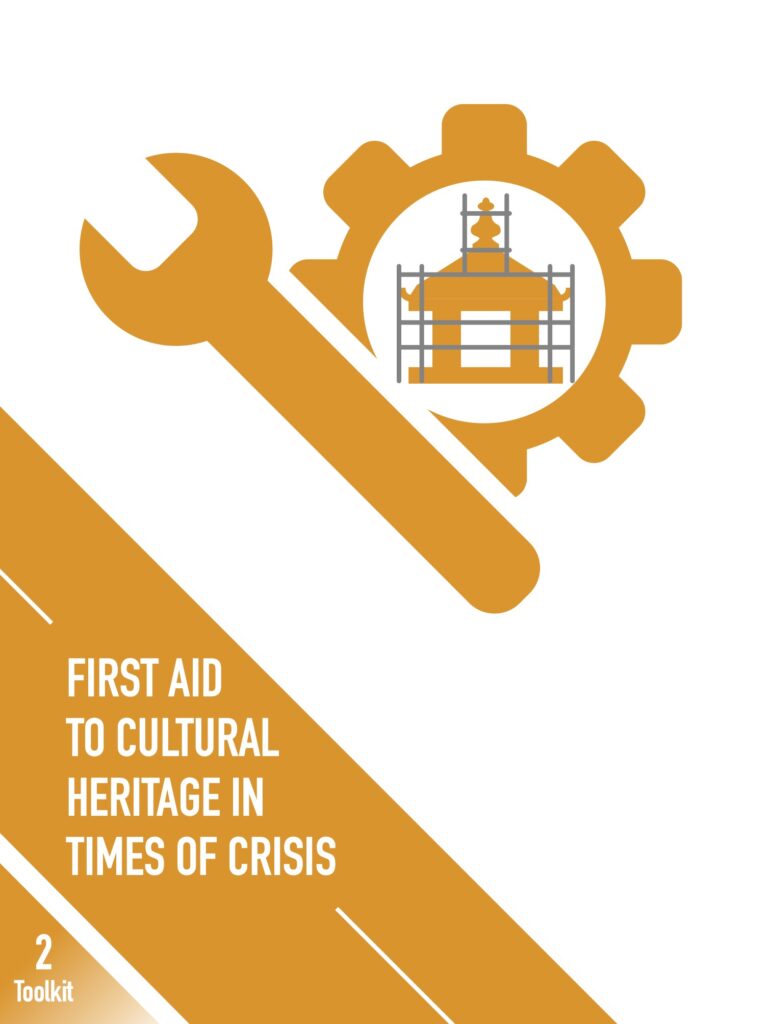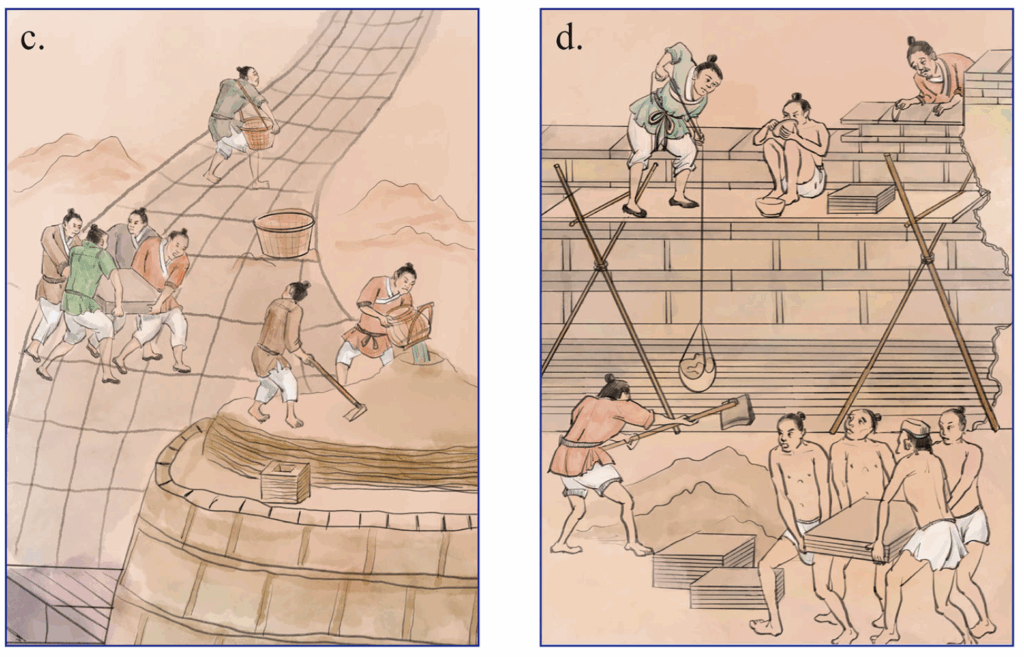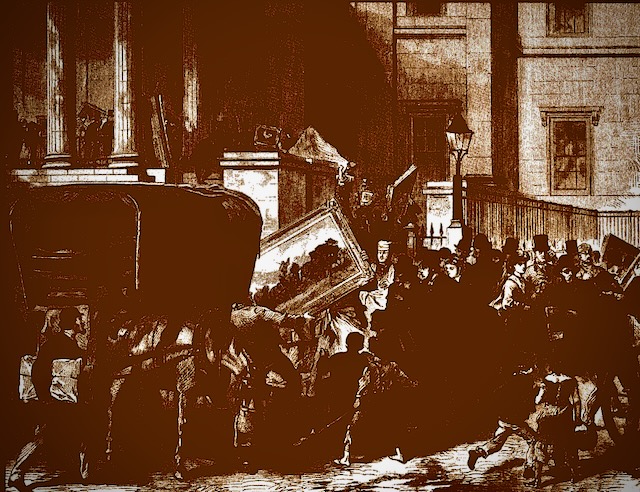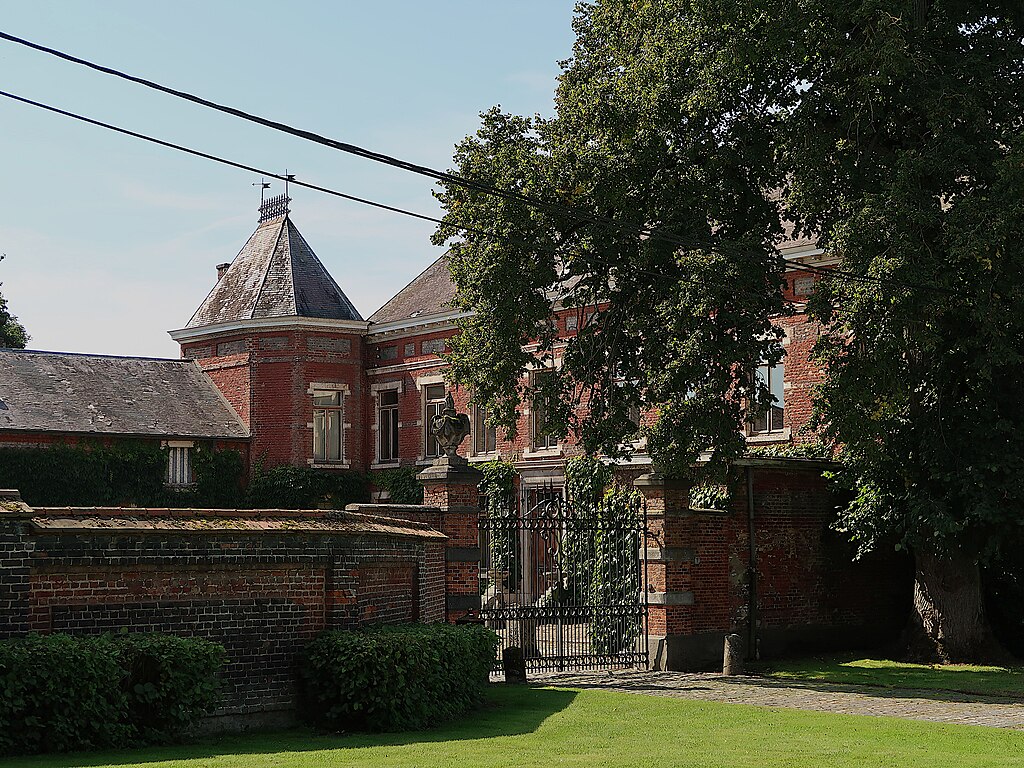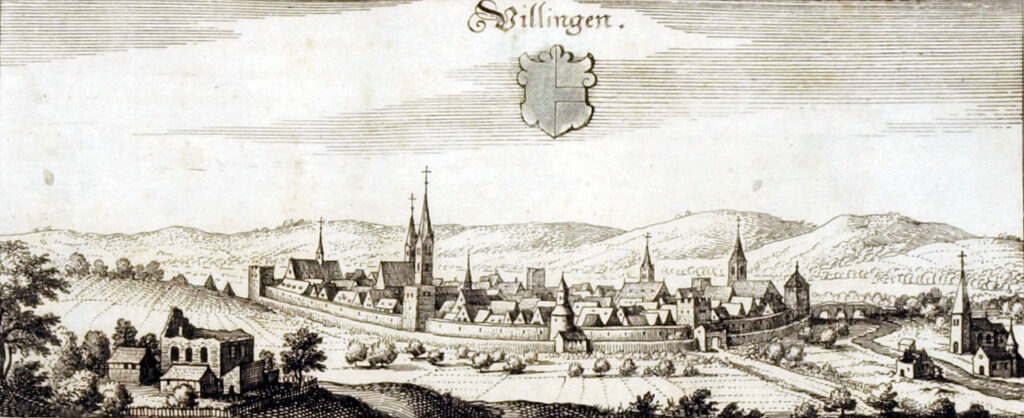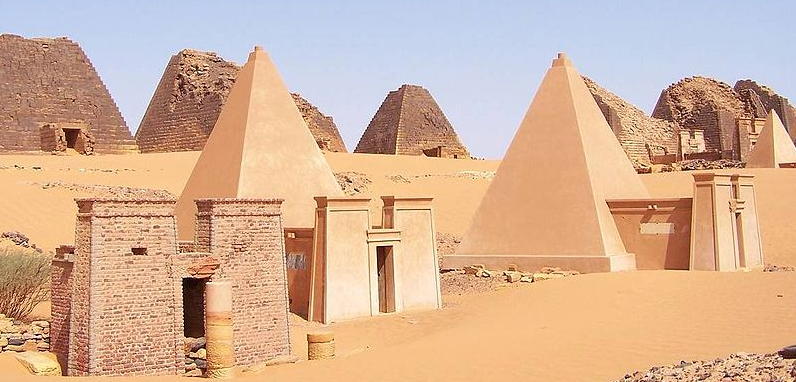A Toolkit for Cultural Heritage by War Risks
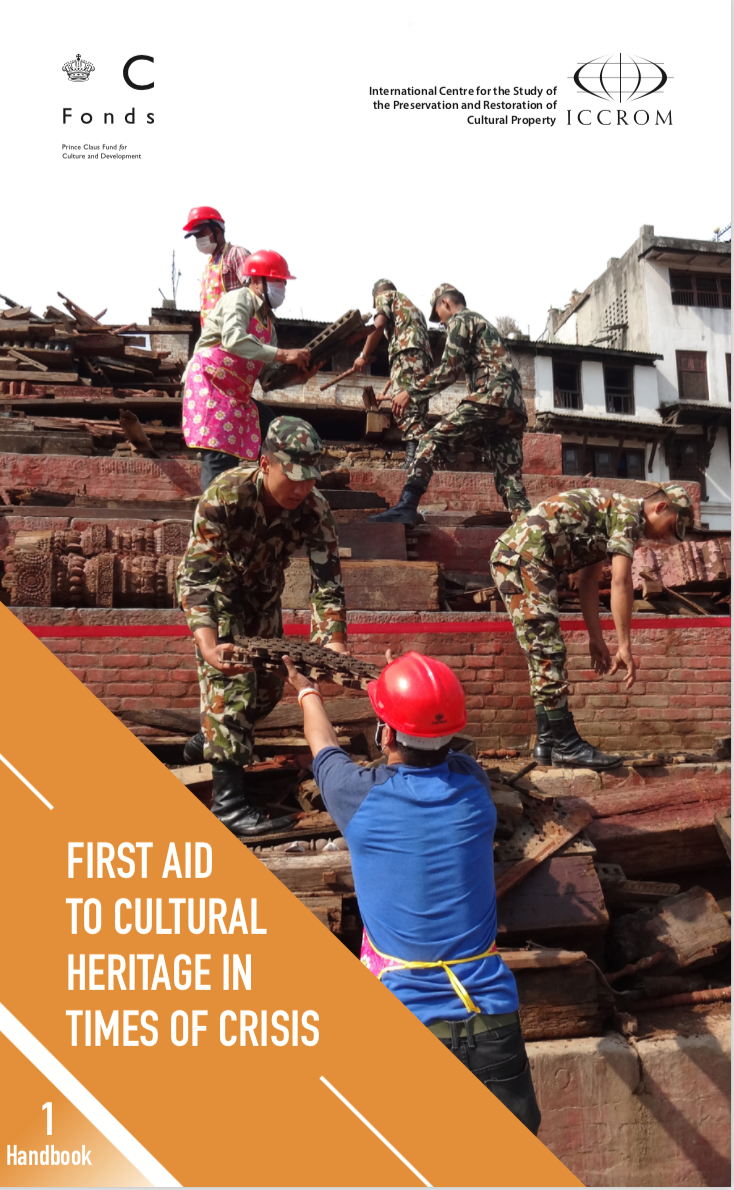
On October 2018 ICCROM (the intergovernamental organization on International Centre for the Study of the Preservation and Restoration of Cultural Property) and Prince Claus Fund have published a couple of documents about “First Aid to Cultural Heritage in times of crisis”: a 176 pages pdf handbook and a 104 pages pdf toolkit.
Both the publications, authored by ICCROM’s Aparna Tandon and created in the framework of the ICCROM – Prince Claus Fund – Smithsonian Institution collaboration, are aimed at developing capacity in emergency preparedness and response for cultural heritage, can be downloaded from the ICCROM website
The handbook is focused on simple instructions and case studies which explain what has to be done to and how to do it. According to the forewords, the toolkit is “intended to codify the First Aid processes and further stimulate research, activity and awareness”.
In the dynamic landscape where culture is acknowledged as a driving force for development, the fragility of these gains in the face of disasters is starkly evident. The profound impact of such setbacks on communities underscores the urgent need for a comprehensive approach to safeguard cultural heritage. Amidst the narratives of suffering and loss, however, stories of resilience have emerged, prompting a closer examination of the intricate relationship between cultural traditions and coping mechanisms within the scientific community.
Aligned with the belief that culture is a fundamental need, both the Prince Claus Fund and ICCROM have shared a commitment to conserving culture and promoting diversity. Recognizing the pivotal role of communities as primary stakeholders, these organizations have collaborated to develop a resource aimed at integrating the voices of the community into the recovery of culturally significant places and objects. This collaborative effort serves as a means to empower communities and enhance their resilience against future disasters.
A significant challenge lies in the lack of formal inclusion of cultural heritage considerations in most national and local emergency response systems. Yet, firsthand experiences of first responders reveal an inevitable involvement in heritage rescue efforts, driven by a dual concern for local lives and an awareness of the profound role heritage plays in overcoming loss and trauma.
The urgency of cultural preservation has brougth to their joint initiative in 2010—the First Aid to Cultural Heritage in Times of Crisis course, which has evolved in the creation of a network of “cultural first aiders” supported by the Prince Claus Fund.
The presented handbook and toolkit seek to codify First Aid processes, stimulate further research and activity, and heighten awareness. Recognizing that each emergency offers unique lessons, the creators aim to bridge knowledge gaps through inclusive discussions, representing diverse viewpoints. Ultimately, the Handbook and Toolkit aspire to redefine disaster risk reduction as a development question, providing practical suggestions that pave the way for preserving culture, beginning with development and culminating in resilience.
The ICCROM website specifies that the emergency strategy of cultural heritage First Aid is based on three phases – (1) situation analysis; (2) post event, on-site damage and risk assessment; (3) security and stabilisation, which collectively lead to early recovery. Accordingly, the handbook shows possible workflows and procedures, which are explained with a simple and easy language with the help of a very clear graphics.
The two documents are part of the ICCROM effort to spread knowledge about the protection of Cultural Heritage in any part of the world, focused mostly on training of local resources.
